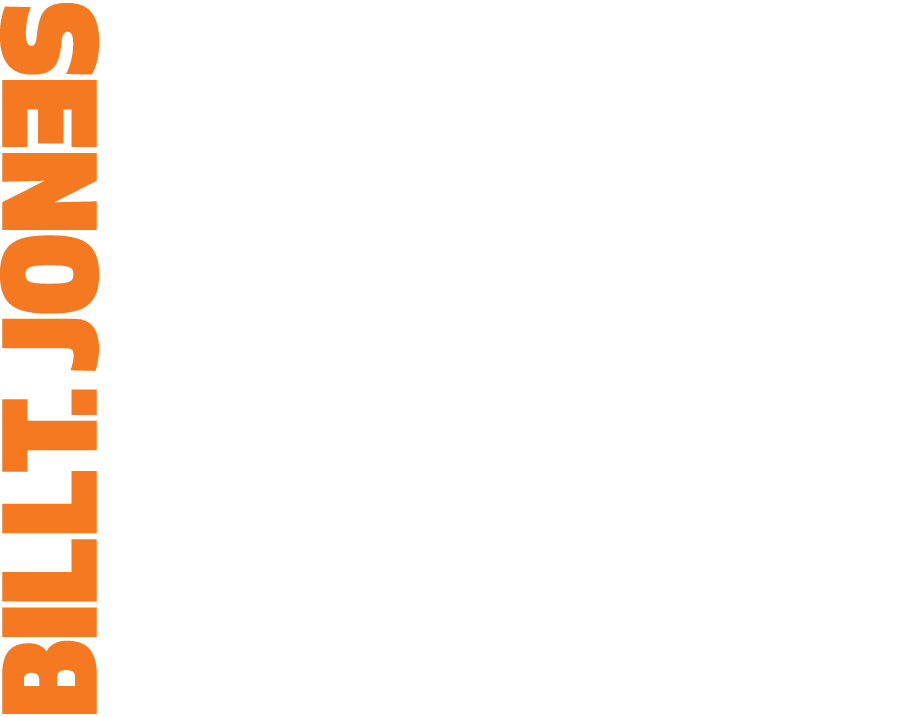Jérôme Bel & Theater HORA
Jerome Bel is a French choreographer who lives in Paris and works worldwide. Since his early works, he has been interested in what stands beyond representation. In his choreographies, the rules of dance and theater are treated like the syntax of a language that is analyzed and eventually put into play. Danced and spoken by professional as well as by amateur performers, his choreographies could also be seen as statements in favor of the democratization of dance, which he pursues by way of a non-virtuous approach.
His first piece, nom donné par l’auteur (1994), is a choreography of objects. The second one, Jerome Bel (1995), is based on the total nudity of the performers. The third one, Shirtology (1997), presents an actor wearing many T-shirts. The last performance (1998), in quoting several times a solo by the choreographer Susanne Linke, and also Hamlet or André Agassi, tries to define an ontology of the performance. The piece Xavier Le Roy (2000) was claimed by Jérôme Bel as his own, but was actually choreographed by the choreographer Xavier Le Roy. The show must go on (2001) brings together a cast of twenty performers, nineteen pop songs and one DJ. In 2004, he was invited to produce a piece for the Paris Opera Ballet: Veronique Doisneau (2004), on the work of the dancer Véronique Doisneau, from the ballet corps of that company. Isabel Torres (2005) for the ballet of the Teatro Municipal of Rio de Janeiro is the Brazilian version of the production for the Paris Opera. Pichet Klunchun and myself (2005) was created in Bangkok with the Thai traditional dancer Pichet Klunchun. In 2009, he produced Cédric Andrieux (2009) dancer in the Merce Cunningham Dance Company and then at the Lyon Opera Ballet. In 2010, he created 3Abschied with Anne-Teresa De Keersmaeker, based on The song of the Earth by Gustav Malher. Jérôme Bel received a New York Dance and Performance “Bessie” Award for the performances of The show must go on in New York in 2005. In 2008 Jerome Bel and Pichet Klunchun received the Routes Princess Margriet Award for Cultural Diversity (European Cultural Foundation).
Theater HORA was established in 1993 in Zürich (Switzerland) by the theater-pedagogue Michael Elber. Its objective was and still is to promote the artistic development of people with learning difficulties, and to give them the opportunity to exhibit their extraordinary abilities to a wide audience, at a professional level
The first HORA production evolved freely out of Michael Ende’s novel Momo; the figure of Master Hora in this work gave the theater its name. Since then, Theater HORA has presented about fifty theater productions of all kinds (also with guest directors and choreographers since 1998). In addition, it has organized art exhibitions, music projects (the HORA’BAND exists since 2005) and international theater festivals. Theater HORA became part of the Züriwerk foundation in 2003. To this day it is the only cultural workshop for people with learning disabilities working at a professional level in Switzerland. Since 2009 the Theater offers people with learning difficulties a state-recognised theatrical training programme.
Among the most important of the group’s past productions are: Lennie und George (1997), a free interpretation of John Steinbeck’s Of Mice and Men; the fashion show Drehum : La Mode Folie (1998); an adaption of A Midsummer Night’s Dream called All The World Is A Stage (1999); the total theater 3D (2002), inspired by Dante, Dalí and Disney; Amanzi (2005), together with cultural workers from Zimbabwe; Faust 1+2 (2008), created in ten rehearsal days; the musical Quasimodo Geniti (2009); and the first piece of the training programme Die Geschichte vom Baum (2010). However, at the heart of Theater HORA’s artistic self-image remains the freely-improvised Die Lust am Scheitern (created in 2000) – a theater evening open in all directions, in which the HORA actors together with musicians from Beat Fäh’s theater project “Blauzone” work together on stage.
Theater HORA believes that people with learning disabilities are endowed with abilities and strengths which can be used to produce a competent sociocultural result in an artistic field. The unfiltered perception of the HORA artists reveals hidden worlds which the observer can understand intuitively. Anchoring this belief in the public consciousness is therefore the goal of all Theater HORA’s activities.

